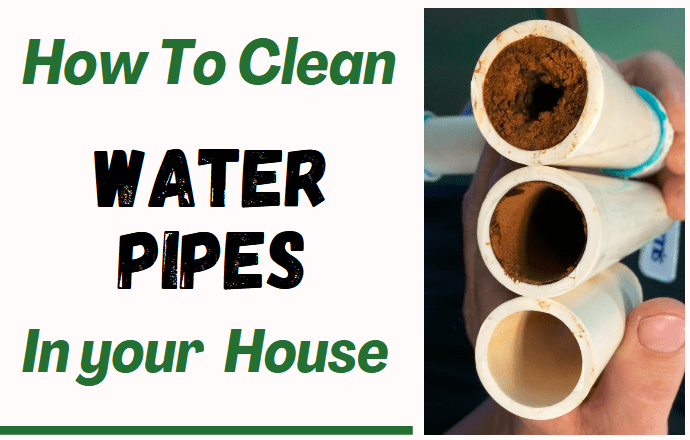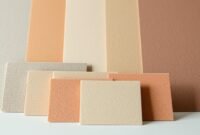A home is a haven, and the assurance of clean, clear water is fundamental to this comfort. However, water pipes in our homes can accumulate sediments over time, affecting water quality and even causing health risks.
Thus, understanding how to clean water pipes inside your house is critical. This article will provide practical guidance and effective methods to ensure your home’s water system remains in top-notch condition.
How to Clean Water Pipes in Your House? 7 Practical Ways
Let’s explore seven practical ways to clean water pipes in your house and ensure a well-functioning plumbing system.
● Flushing the System
Draining water pipes by flushing your system is the easiest way. This involves opening all faucets in your home, including those in the kitchen, bathroom, and outdoor spigots, and letting the water run for about 20 minutes.
Doing so can effectively remove loose particles and sediments from the pipes. It is advisable to flush both hot and cold water systems separately for optimum results.

● Chemical Cleaning
When simple flushing does not effectively remove the buildup, you might need to consider chemical cleaning as a drain cleaner. This involves using household items that are known for their cleaning properties.
To start, pour half a cup of baking soda, add half a cup of vinegar into the drain, wait 15-20 minutes, and then rinse with hot water. This process helps to break down stubborn deposits in the pipes. However, care should be taken while using chemicals to avoid potential health hazards or pipe damage.
● Use of Water Softeners
Hard water is a common cause of mineral buildup or scaling in pipes. Hard water is composed of abundant minerals such as calcium and magnesium. A water softener can treat hard water by replacing these minerals with sodium ions.
Doing so prevents the minerals from depositing on the inner walls of the pipes, hence preventing scaling.
● Pipe Descaling
Pipe descaling is a more intensive method usually performed by professionals. It involves using specialized tools and equipment to remove thick buildup from the inner walls of the pipes.
Although it’s more invasive and can be a bit costly, pipe descaling is exceptionally effective in cases of heavy sedimentation and can significantly improve water flow and quality.
● Regular Inspections
Scheduling regular inspections of your home’s water system is an excellent preventive measure. By checking for changes in water color, taste, pressure, or even the appearance of rust particles, you can detect sediment buildup early before it becomes a significant problem.
● Installing a Sediment Filter
Installing a sediment filter at the point of entry of your water supply can prevent sediments from entering your home’s water system. These filters trap sediment particles, preventing them from flowing through your pipes. Regular replacement of the filter ensures its effectiveness over time.
● Professional Pipe Cleaning Services
When DIY methods are insufficient, it might be time to call professionals. Professional pipe cleaning services have the equipment and expertise to thoroughly clean your home’s water pipes.
They can remove the stubborn sediment buildup, disinfect the pipes to eliminate bacteria, and even advise maintaining your water pipes.
The cleaning method mainly chosen depends on the severity of the sediment buildup and the type of pipes installed in your home. Some methods, such as flushing the system or using a water softener, can be done independently.
However, others, like pipe descaling or professional pipe cleaning services, require specialized skills and equipment. It’s always advisable to consult with a professional if you’re unsure.
So, how to clean water pipes in your house? Regular maintenance and cleaning water pipes are essential for maintaining access to clean water. Not only does it ensure the health and safety of your family, but it also extends the lifespan of your pipes, reducing the chances of costly repairs or replacements.


